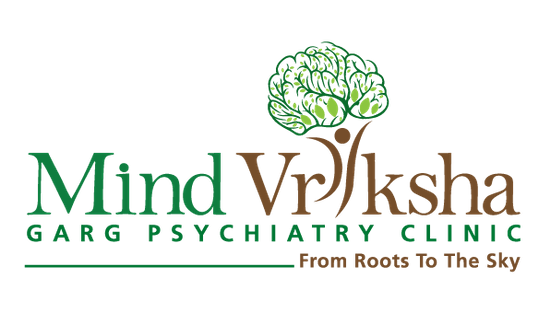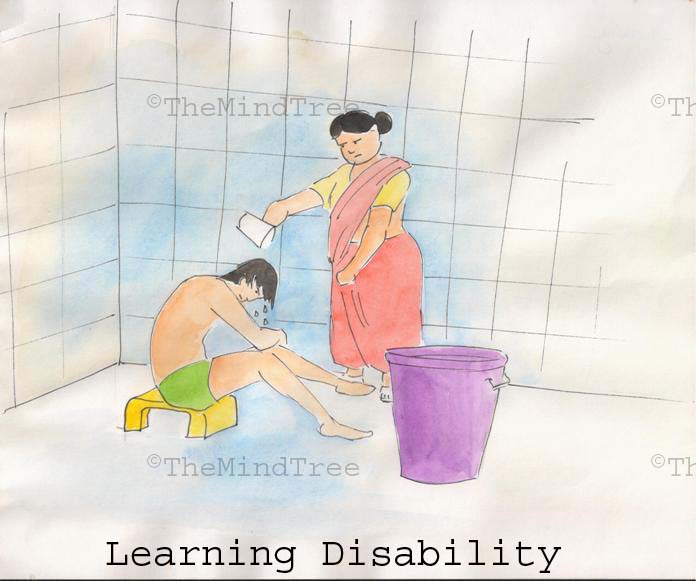Learning is the most crucial part for the development of human brain; Learning Disability significantly reduces the intellectual ability, creating difficulty in performance of everyday activities. Learning disorder is often confused with Dyslexia.
Due to Learning Disability it takes a longer time for the brain to develop new set of skills which reduces the ability to cope independently for an individual which starts much before adulthood and has lasting effects on development of the child.
FACTS
SYMPTOMS
- Short attention span
- Hand-eye coordination problems
- Delayed speech development
- Restlessness and impulsivity
- Difficulty in interacting with people
- Difficulty sounding out words
- Poor memory of spoken or written materials
- Constant help needed to perform tasks
- Great difficulty in reading, writing and doing maths
- Difficulty in sequencing things
- Difficulty in telling time and directions
CASE STUDIES
M, 9 was brought to the clinic by his parents. He is in 5th standard, but has serious problem in learning and remembering things. His mother has to bath him daily and get him ready for school. In school her teacher’s complain that he doesn’t pay attention in class and makes simple math and grammar mistakes. He can’t even copy correctly from the board. He likes to play outside but there too, there are coordination problems, he kicks a tennis ball or hits a football with a cricket bat. M’s mother states that his clothes are often dirty, when he returns from school and is blank when asked what he did at school for the whole day. He has a very few friends and he doesn’t seem interested in going out for social for social outings with his parents.


